Free textbooks is a long-awaited humane policy. First of all, this policy directly reduces the financial burden on millions of families and also eliminates the need for parents to run around everywhere before the new school year to buy enough textbooks for their children.
In 2023, there was a policy for the State to buy textbooks and lend them to students. At that time, the Ministry of Education and Training calculated that if the majority of students (about 70%) were allowed to borrow textbooks, the State would have to spend more than 2,000 billion VND to buy books for school libraries. About 10 million students nationwide would benefit from this humane policy.
However, how to make textbooks free but not use them arbitrarily and wastefully still needs specific instructions.
A parent whose child is studying high school in the US on a cultural exchange program said that her child is not required to buy textbooks, books can be borrowed from the school library, using soft copies. The school library has all the different sets of textbooks and reference materials, students can borrow them to study, and return them at the end of the school year for other students to use with the commitment that if they are lost or damaged, they will have to pay for it.
Thus, free textbooks do not mean that students are given a set of textbooks and can arbitrarily write, draw, or damage those textbooks. They must be conscious of preserving them throughout the entire process of use and return them to the school in their original condition at the end of the school year.
Many opinions point out that the model of school libraries and shared bookcases has been implemented for a long time but has not received due attention. The State provides textbooks for students, so schools are required to have shared bookcases for students to borrow with a commitment to preserve them during use. At the end of the school year, they are returned to the school library for the next generation to continue using.
In addition, there should be a fund to support textbooks contributed by parents and philanthropists so that the school can lend or rent textbooks to students at low prices depending on conditions. The money collected from renting textbooks is used to supplement and circulate the fund to enrich the shared bookshelf.
When the State decides to take care of textbooks for students, it is a practical sharing, helping parents feel more secure, saving resources to focus on other equally important needs such as nutrition, health or extracurricular activities for their children.
Associate Professor Bui Hoai Son, Standing Member of the National Assembly's Committee on Culture and Education , said that providing free of charge means that the State must be proactive in the compilation, printing and distribution stages. If this mechanism lacks competition and transparency, the risk of textbooks being slow to innovate, less flexible or not keeping up with practical requirements is inevitable. The free policy, if not accompanied by reform of the compilation and appraisal mechanism, may inadvertently increase these shortcomings.
Free textbooks, if considered as a gift from the State to the younger generation, will be treasured and passed from class to class. But if considered as "free gifts", they can be quickly thrown away and wasted. The sense of preservation of each parent and student is the measure of the success of a humane policy.
Source: https://thanhnien.vn/de-mien-phi-khong-lang-phi-185250829233100252.htm



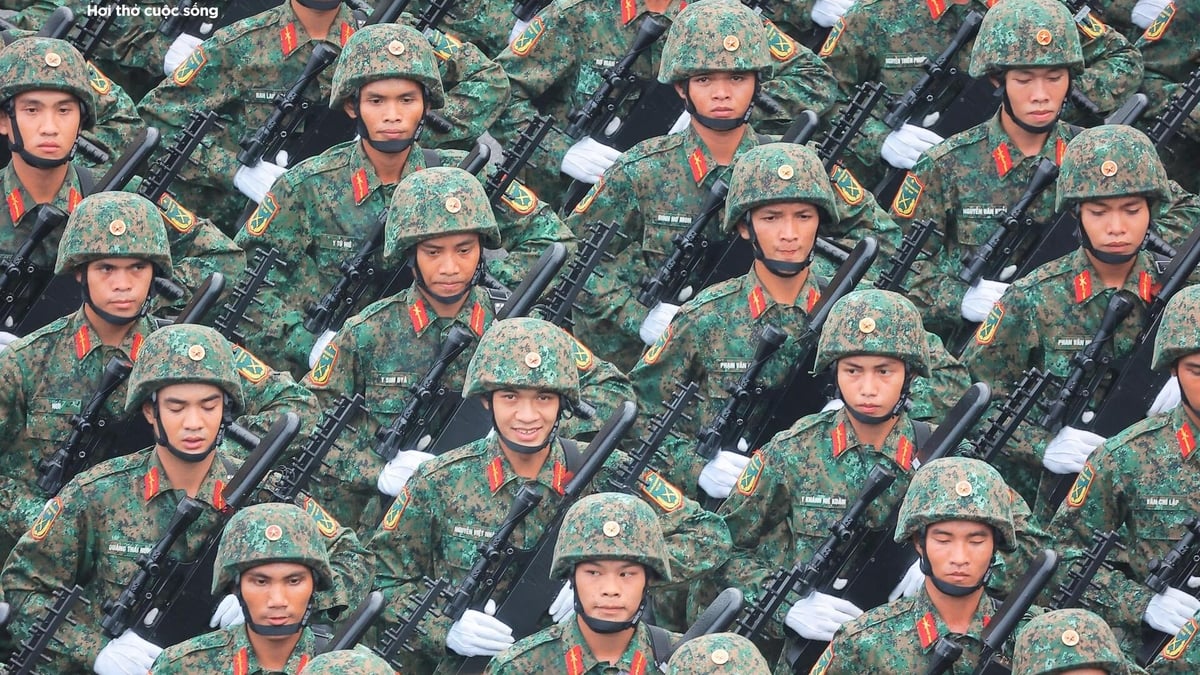
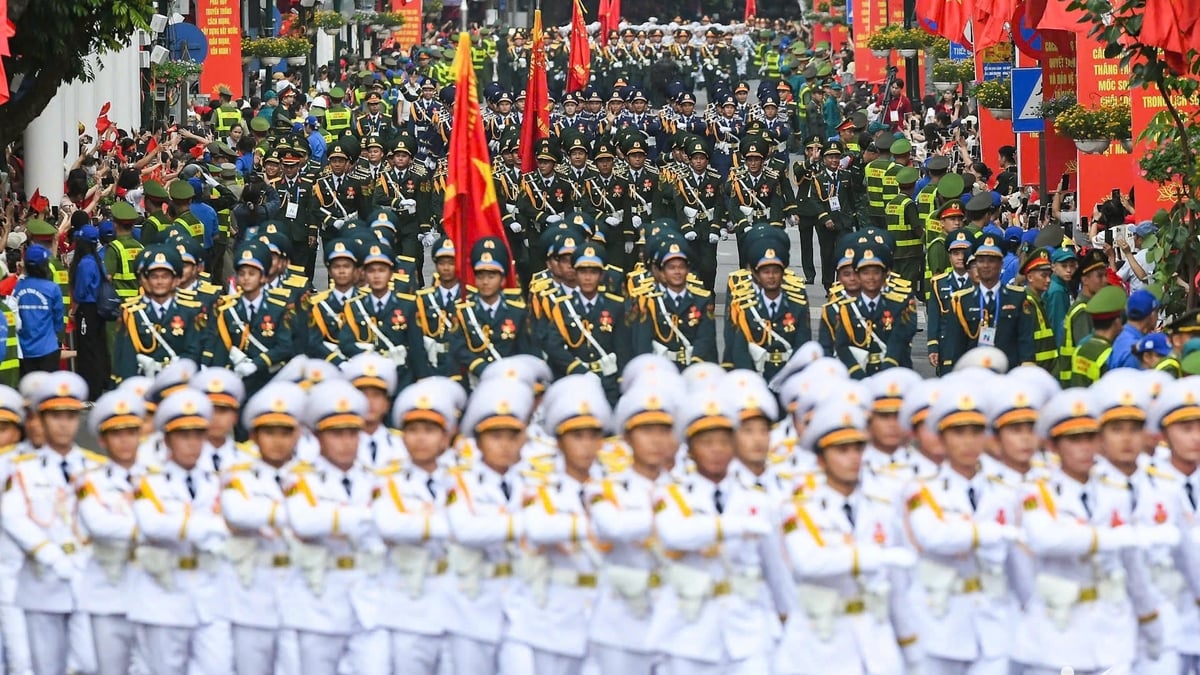
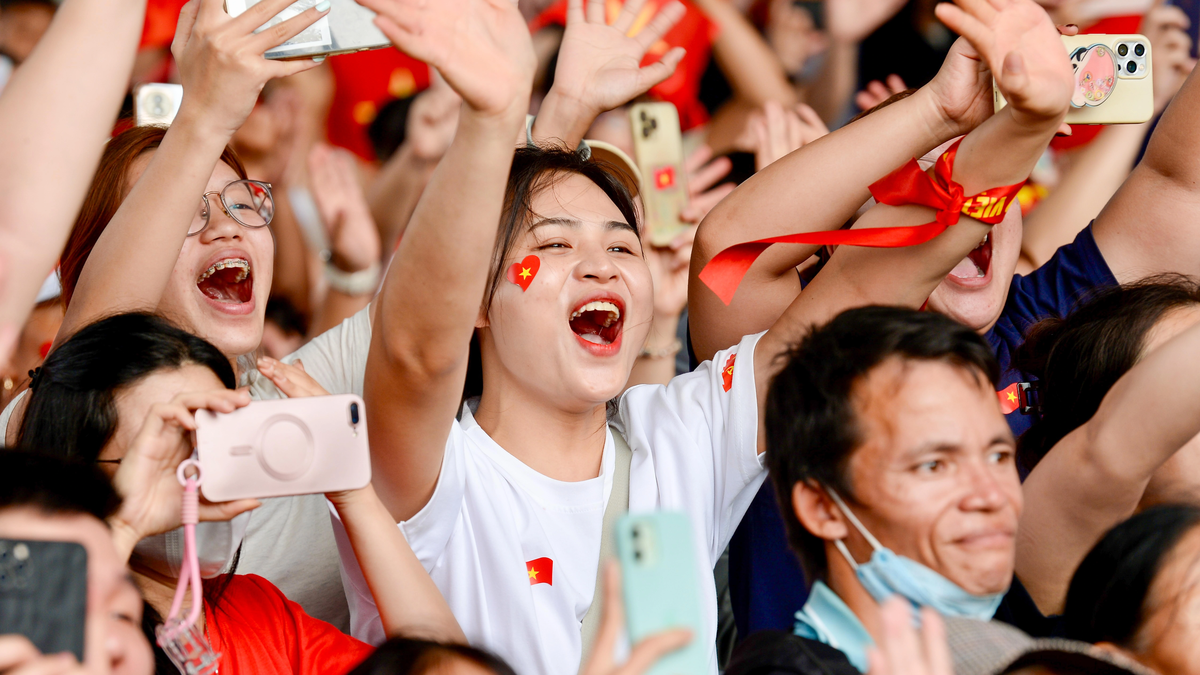
![[Photo] People eagerly lined up to receive special publications of Nhan Dan Newspaper](https://vphoto.vietnam.vn/thumb/1200x675/vietnam/resource/IMAGE/2025/8/30/53437c4c70834dacab351b96e943ec5c)
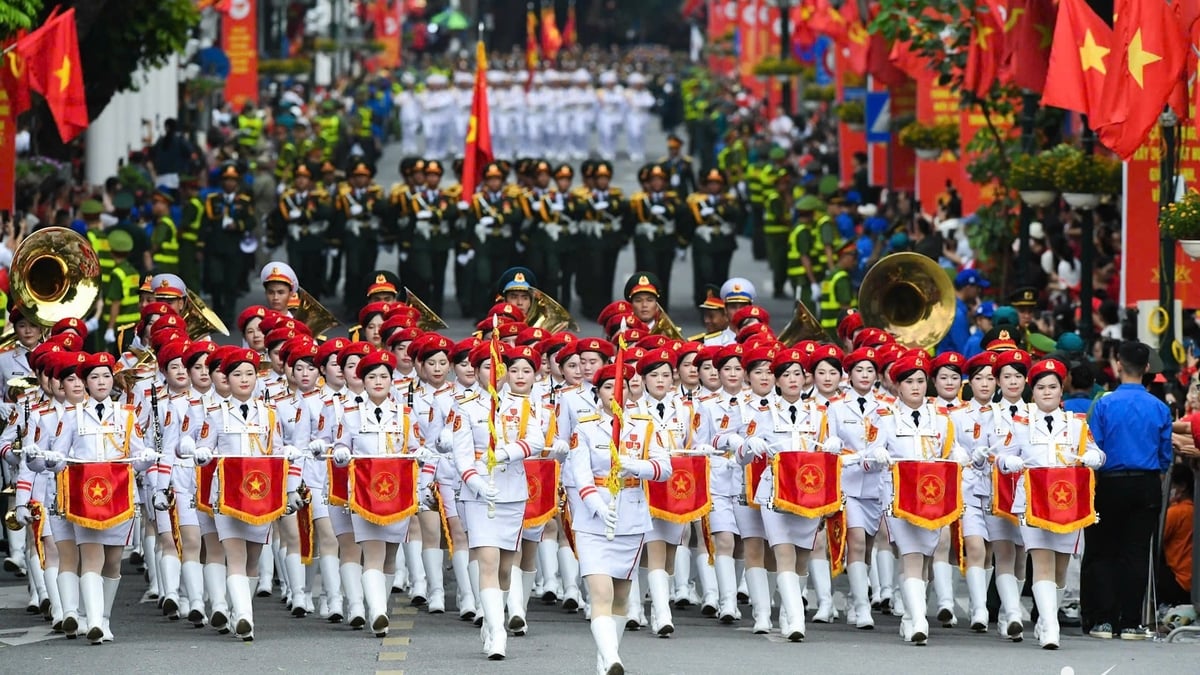
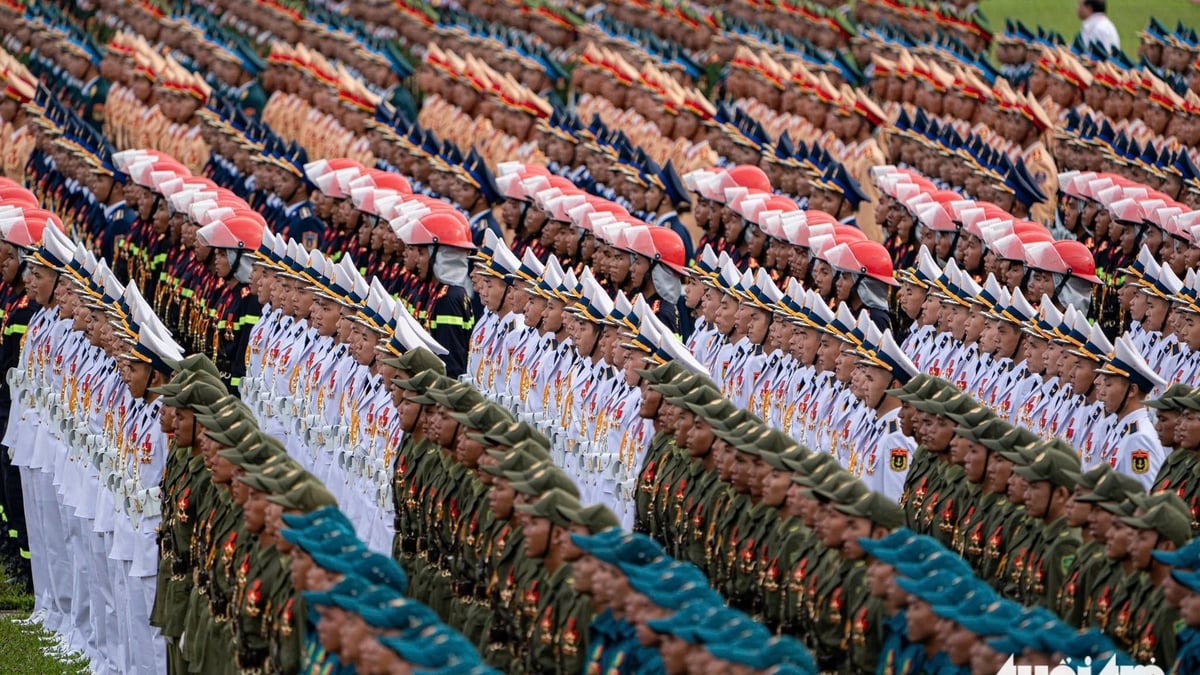


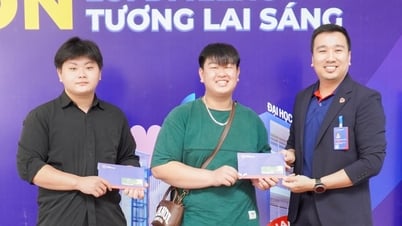
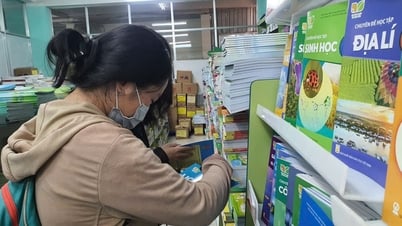
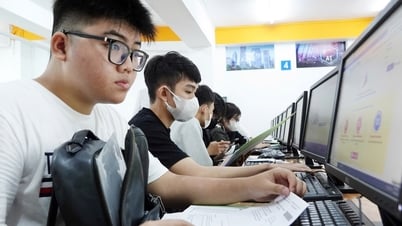
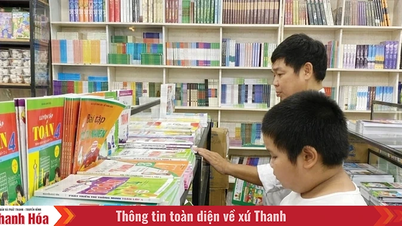

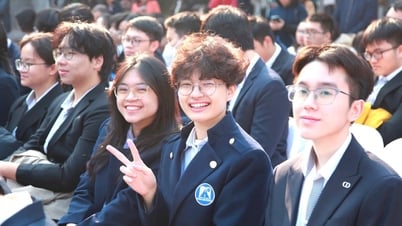
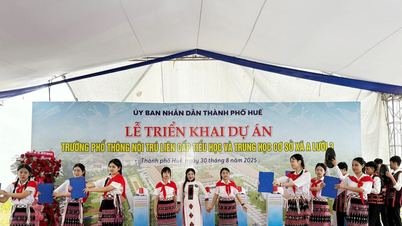



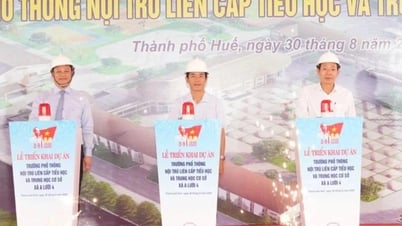

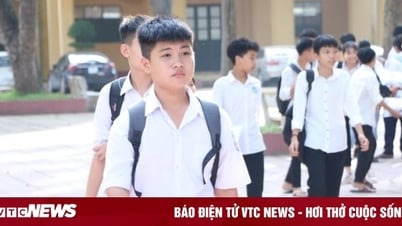

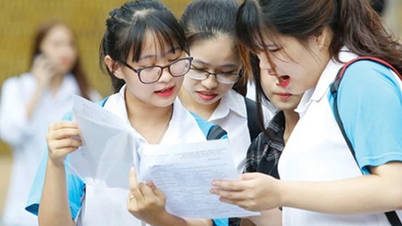






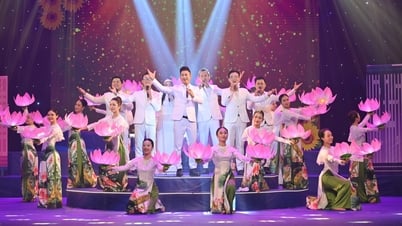

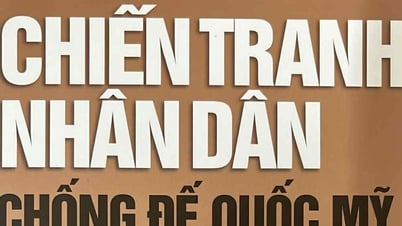

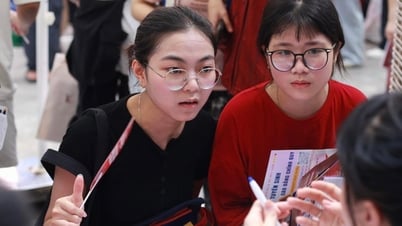
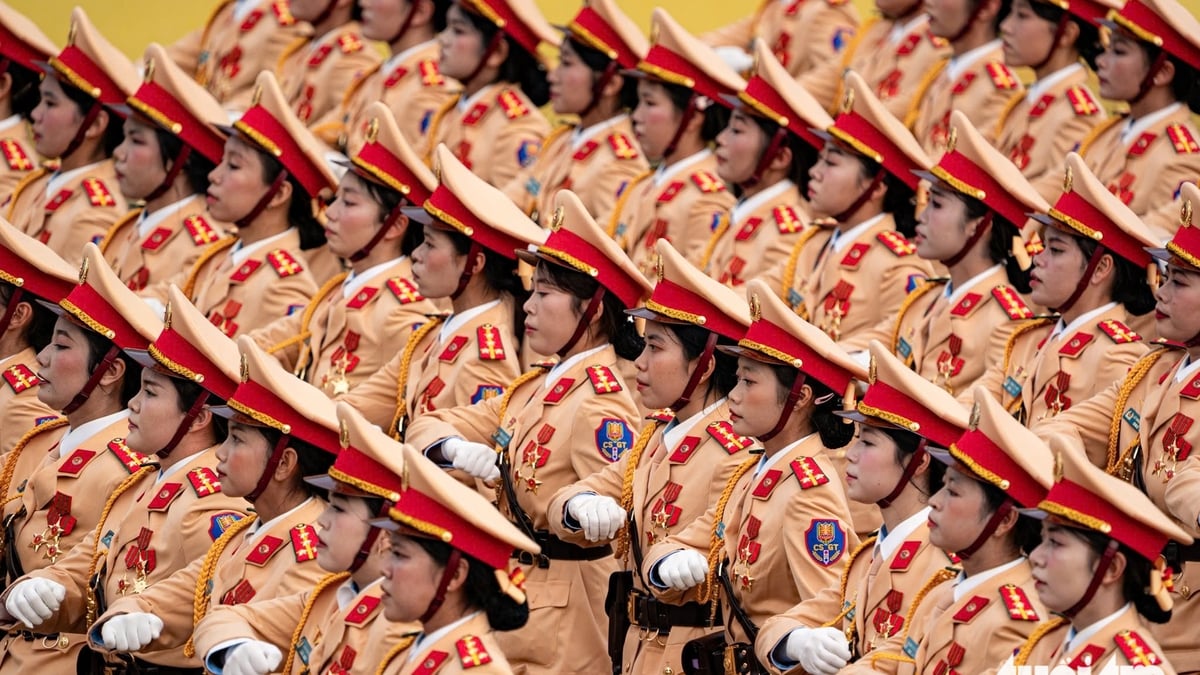














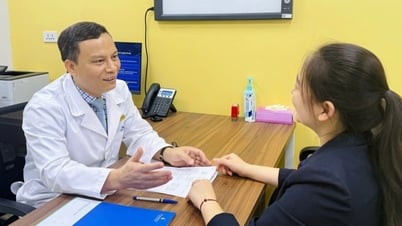
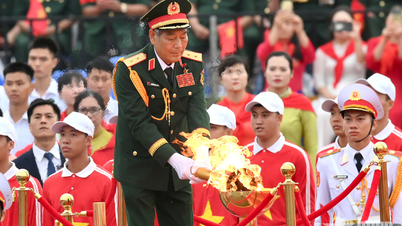



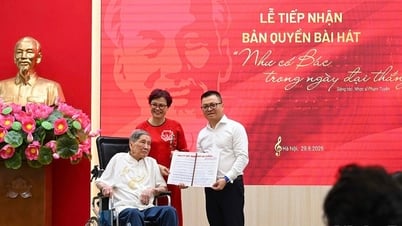
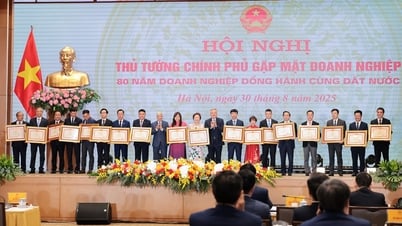

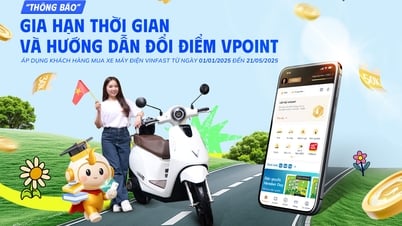



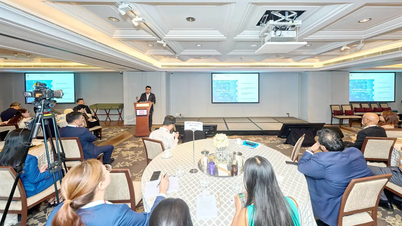

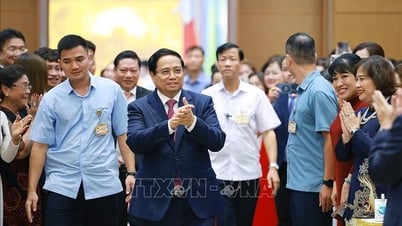

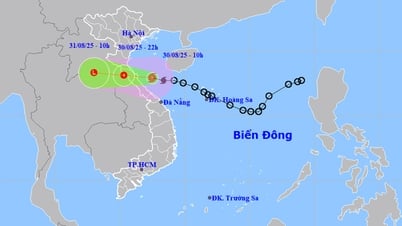

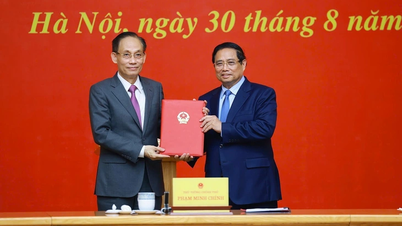

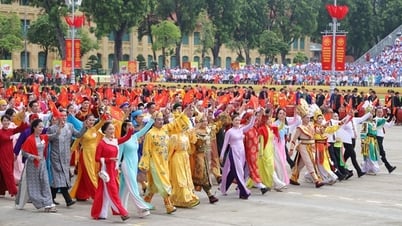
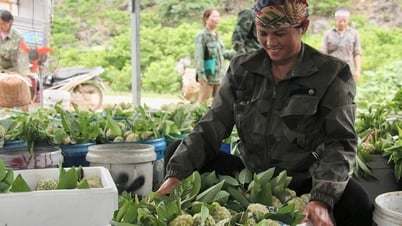

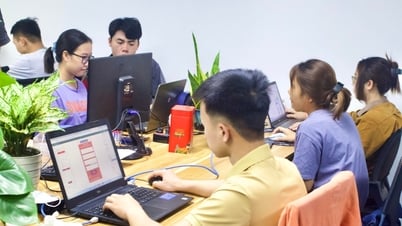
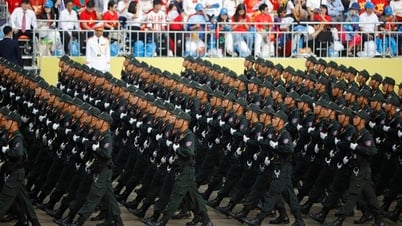

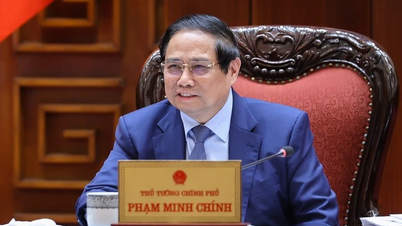

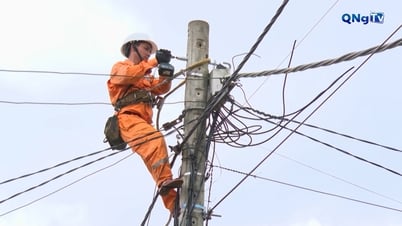

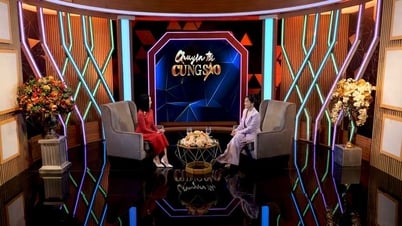

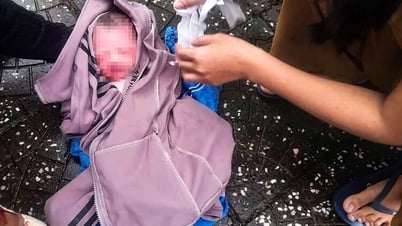



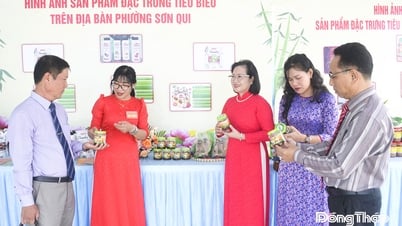









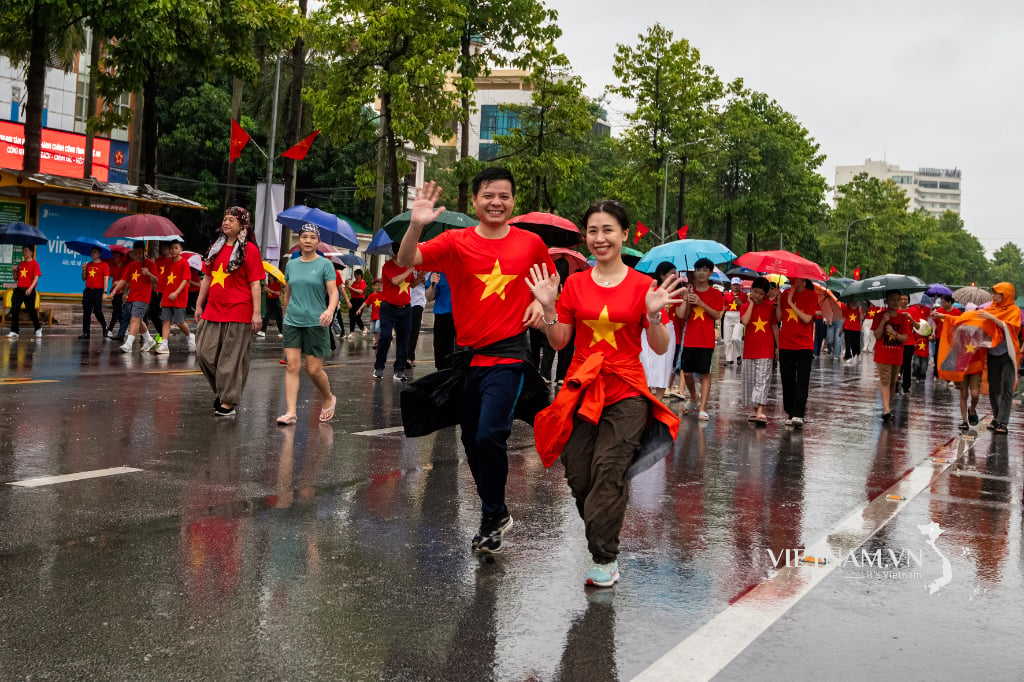
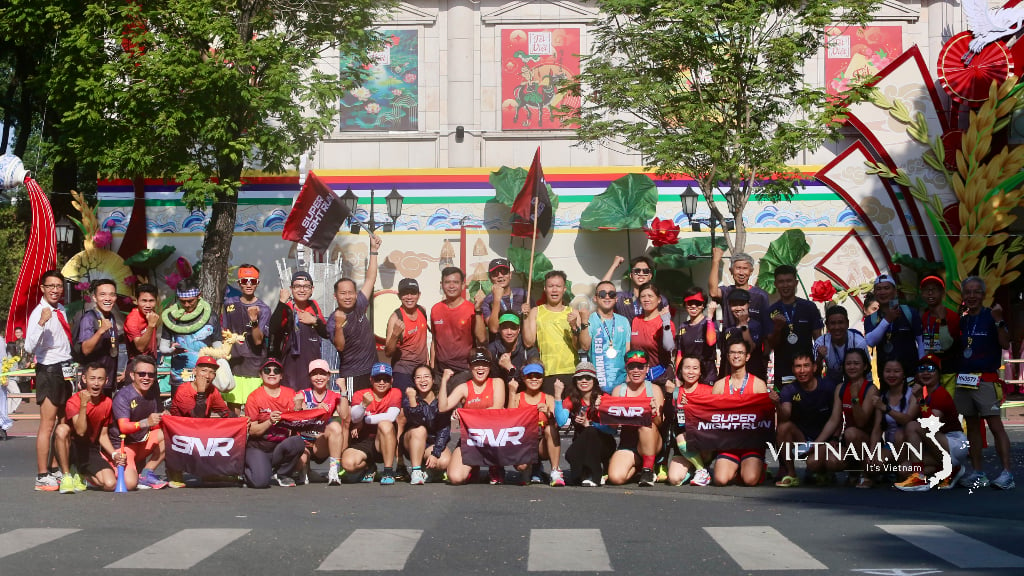


Comment (0)